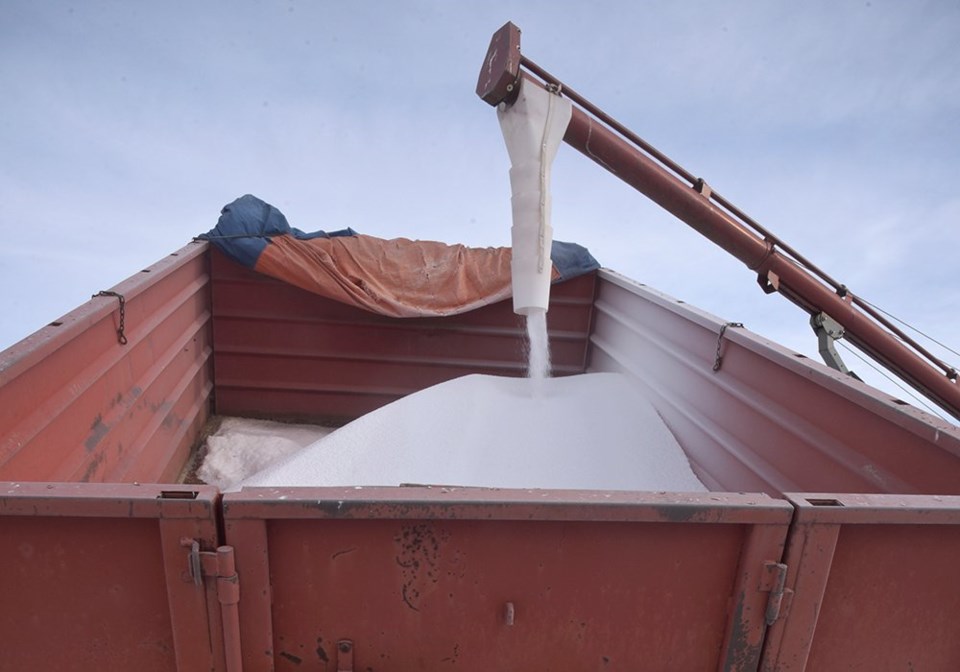There is a fine line between protecting farmers and getting out of the way so they can help themselves.
This is aptly illustrated in a 10-year-old decision by the Canadian Food Inspection Agency to stop testing the efficacy of some agricultural inputs.
In 2013, the agency said it would no longer conduct comprehensive testing and reporting on fertilizer and fertilizer supplements. Instead, it would focus only on their safety.
The decision did not produce the Wild West scenario that some might have feared, but it did put the onus on farmers when deciding whether a specific product would work for them.
They often had only the word of the companies selling these products, with the inherent risks that come with that.
Now, the National Farmers Union is calling on the federal government to roll back the clock and again take responsibility for testing the efficacy of crop inputs, specifically non-fertilizer supplements.
“The absence of comprehensive testing and verifiable data leaves claims largely unverified,” the NFU wrote in a recent statement.
“This lack of oversight reiterates the necessity for robust, data-driven evaluation to bring order to this unregulated terrain.”
The group proposes that the federal government do the heavy lifting. It has asked agricultural minister Laurence MacAulay to reinstate comprehensive testing and reporting and urges other farm organizations to get on board.
Farmers do need the ability to make informed decisions about new products, but asking the government to add another layer of regulation is not the answer. Neither is relying solely on the companies that sell these products to provide reliable information.
What to do?
The answer is to support more independent testing. And that answer probably lies with farmers themselves.
Commodity groups that collect producer checkoffs are already in place to do this kind of work. A network of smart farms across the Prairies could also be involved.
And then there are individual farmers with the know-how and wherewithal to conduct on-farm research, either on their own or in collaboration with other research organizations.
The work they produce may not be up to the peer-reviewed standards expected of more formal research but using them to test the efficacy of crop input products is worth consideration.
All of this would take money, and that’s where government could play a role.
Society is taking an ever-increasing interest in climate change mitigation and greenhouse gas emission reduction. More knowledgeable farmers making better-informed decisions will play a significant role in meeting these goals.
Why shouldn’t taxpayers foot the bill for helping this come to pass?
And why not ask input manufacturers to set aside a percentage of their profits from the sale of these products to fund independent testing?
The NFU has raised an important issue but addressing it via the regulatory route is not the answer.
Instead, we must find ways to fund the type of independent research that will help farmers make good decisions for themselves and for all society.
Karen Briere, Bruce Dyck, Barb Glen, Michael Robin, Robin Booker and Laura Rance collaborate in the writing of Western Producer editorials.
Bookmark SASKTODAY.ca, Saskatchewan's home page, at this link.




